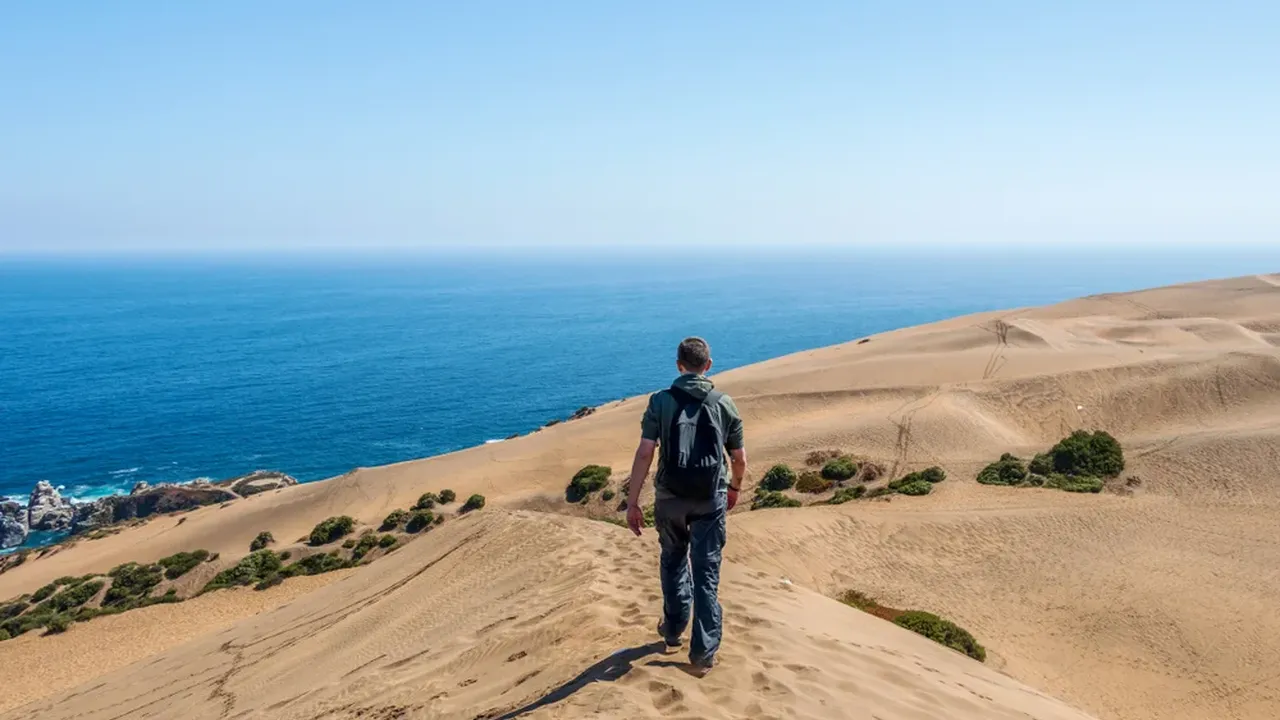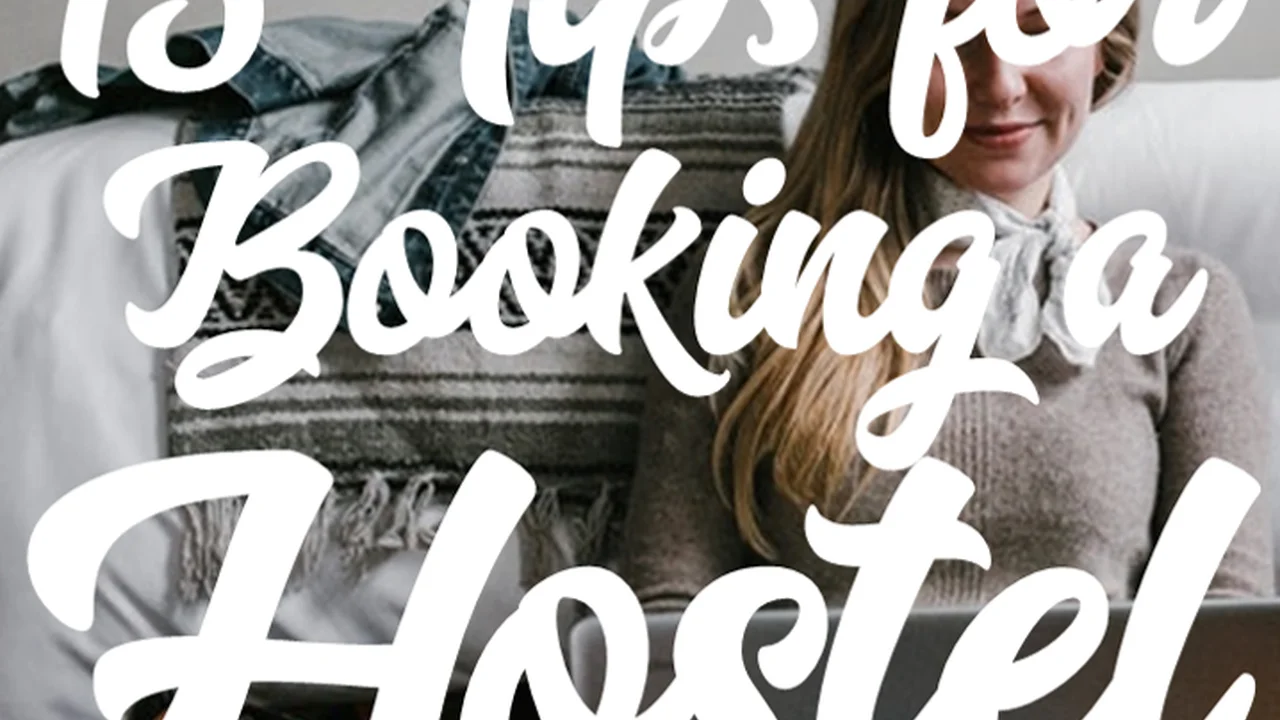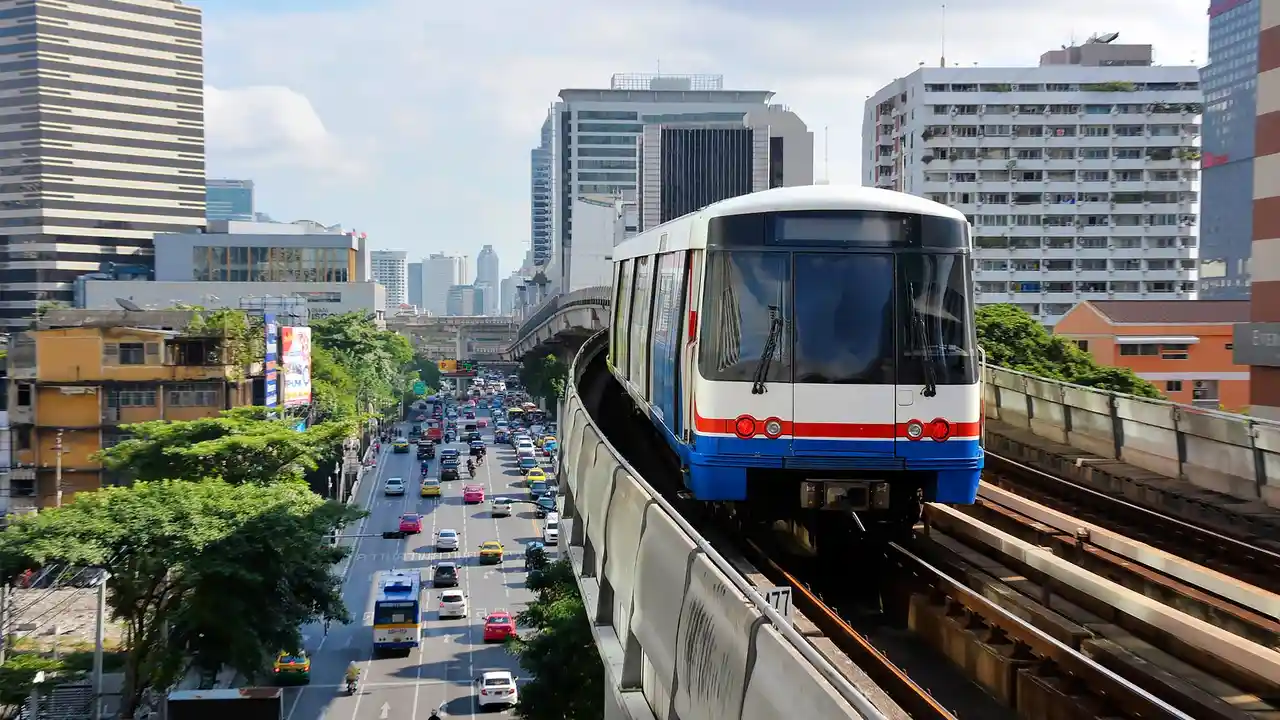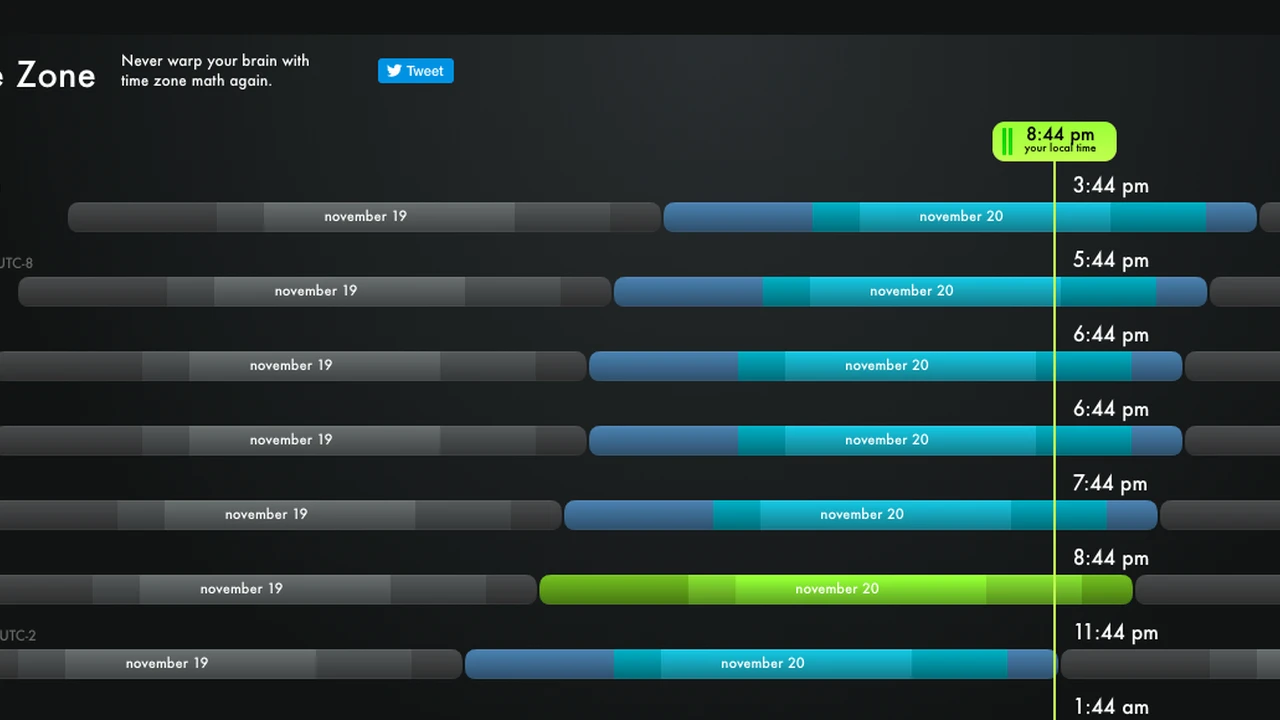Overcoming Solo Travel Fears
Stay safe while traveling solo in cities. Learn essential safety tips, including being aware of your surroundings and protecting your belongings. Travel with confidence and peace of mind.

Understanding Your Solo Travel Fears and Anxieties
Okay, let’s be real. Traveling solo can sound amazing, like something straight out of a movie. But it can also be scary! It's totally normal to feel anxious or have fears before embarking on a solo adventure. Maybe you’re worried about safety, feeling lonely, getting lost, or simply not knowing what to expect. The first step is acknowledging these feelings. Don’t beat yourself up about it. Everyone feels a little nervous before stepping outside their comfort zone.
Identifying Specific Solo Travel Fears
Let's break down some common solo travel fears into smaller, more manageable pieces. Pinpointing exactly what scares you is crucial. Are you afraid of:
- Safety Concerns: Getting robbed, scammed, or worse.
- Loneliness: Feeling isolated and missing human connection.
- Getting Lost: Navigating unfamiliar places and languages.
- Boredom: Not having anyone to share experiences with.
- Unexpected Problems: Dealing with emergencies or travel mishaps alone.
- Judgment from Others: Worrying about what people think of your solo trip.
Once you know *what* you’re afraid of, you can start building a plan to tackle those fears head-on.
Practical Strategies for Overcoming Safety Fears While Traveling Solo
Safety is a big one, and rightly so. Here’s how to feel more secure:
- Research Your Destination: Before you go, learn about the neighborhoods, common scams, and any areas to avoid. Travel advisories from your government can be helpful.
- Share Your Itinerary: Let friends or family know your travel plans. Check in regularly. Use apps like Find My Friends (if everyone has iPhones) or share your location via WhatsApp.
- Trust Your Gut: If a situation feels off, remove yourself immediately. Don’t worry about being polite. Your safety is paramount.
- Avoid Walking Alone at Night: Especially in poorly lit or unfamiliar areas. Take a taxi or rideshare service.
- Keep Valuables Hidden: Don’t flash expensive jewelry or electronics. Use a money belt or hidden pouch for cash and important documents.
- Learn Basic Self-Defense: Even knowing a few basic moves can boost your confidence. Consider taking a self-defense class before your trip.
- Stay Aware of Your Surroundings: Pay attention to what’s happening around you. Avoid distractions like your phone when walking in crowded areas.
- Use Secure Wi-Fi Networks: When using public Wi-Fi, use a VPN to protect your data.
Combating Loneliness and Isolation on Your Solo Trip
Loneliness is another common fear. But solo travel doesn’t have to mean being alone all the time. Here's how to connect with others:
- Stay in Hostels: Hostels are great for meeting other travelers. They often have common areas and organized activities.
- Join Group Tours and Activities: Walking tours, cooking classes, language exchange events – these are all fantastic ways to meet people who share your interests.
- Use Travel Apps: Apps like Meetup, Couchsurfing (for more than just accommodation!), and Bumble BFF can help you connect with locals and fellow travelers.
- Strike Up Conversations: Don't be afraid to chat with people you meet – on trains, in cafes, at museums. A simple \"Hi, how's it going?\" can lead to interesting conversations.
- Embrace the Silence: Sometimes, it's okay to just enjoy your own company. Read a book, people-watch, or simply soak in the atmosphere.
- Schedule Regular Check-ins with Loved Ones: Video calls with friends and family can help you feel connected and less isolated.
Overcoming Navigation and Getting Lost Anxieties
Getting lost can be stressful, but it can also lead to unexpected discoveries. Here’s how to minimize the anxiety:
- Download Offline Maps: Google Maps lets you download maps for offline use. This is a lifesaver when you don't have internet access.
- Learn Basic Phrases: Knowing a few basic phrases in the local language can help you ask for directions.
- Use a Compass App: A compass app can help you orient yourself, especially in areas with poor signage.
- Ask for Help: Don't be afraid to ask locals for directions. Most people are happy to help.
- Embrace the Detour: If you do get lost, don't panic. See it as an opportunity to explore a new area. You might stumble upon something amazing!
- Invest in a Portable Charger: Make sure your phone doesn't die when you need it most.
Building Confidence Before Your Solo Trip: Mental Preparation
A lot of overcoming fear is about mental preparation. Here are some exercises to boost your confidence:
- Visualize Success: Imagine yourself navigating your destination with ease, meeting new people, and having a fantastic time.
- Practice Mindfulness: Mindfulness techniques can help you stay present and manage anxiety. Try meditation or deep breathing exercises.
- Challenge Negative Thoughts: When negative thoughts creep in, challenge them. Ask yourself if they're realistic and if there's another way to look at the situation.
- Start Small: If you're nervous about a big trip, start with a smaller one closer to home. This will help you build confidence gradually.
- Read Solo Travel Blogs and Books: Hearing about other people's positive solo travel experiences can be incredibly inspiring.
- Remember Your Strengths: Remind yourself of times you've overcome challenges in the past. You're stronger than you think!
Recommended Products for Solo Travelers to Enhance Safety and Confidence
Having the right gear can also make a big difference. Here are a few products that can help you feel safer and more confident on your solo trip:
Personal Safety Alarms
These small, handheld devices emit a loud siren when activated, which can deter attackers and attract attention.
Product Recommendation: SHE’S BIRDIE Personal Safety Alarm. It's compact, easy to use, and provides a loud alarm.
Usage Scenario: Carrying it while walking alone at night, especially in unfamiliar areas.
Comparison: Compared to pepper spray (which may be illegal in some countries), a personal safety alarm is non-lethal and legal almost everywhere. It's also less likely to accidentally affect you.
Price: Around $30.
Portable Door Locks
These devices add an extra layer of security to your hotel or hostel room door.
Product Recommendation: Addalock Portable Door Lock. It's easy to install and provides extra security against unwanted entry.
Usage Scenario: Using it in hotel rooms, hostels, or Airbnb rentals for added peace of mind.
Comparison: Unlike relying solely on the hotel's lock, a portable door lock provides an additional physical barrier. It's also useful if you're staying in older accommodations with less secure locks.
Price: Around $20.
Anti-Theft Backpacks
These backpacks are designed with features like hidden zippers, slash-proof materials, and RFID blocking to protect your belongings from theft.
Product Recommendation: Pacsafe Metrosafe LS350 Anti-Theft Backpack. It's stylish, functional, and packed with security features.
Usage Scenario: Using it while exploring crowded cities, using public transportation, or visiting tourist attractions.
Comparison: Compared to regular backpacks, anti-theft backpacks offer a higher level of security against pickpockets and thieves. The slash-proof materials and hidden zippers make it much harder for someone to steal your belongings.
Price: Around $120.
Travel-Sized First Aid Kit
Being prepared for minor injuries and illnesses can boost your confidence.
Product Recommendation: Adventure Medical Kits Ultralight/Watertight Medical Kit .5. It's compact, lightweight, and contains essential first aid supplies.
Usage Scenario: Carrying it on day trips, hikes, or any outdoor activities.
Comparison: Compared to relying on finding a pharmacy in an unfamiliar place, a travel-sized first aid kit allows you to quickly treat minor injuries and illnesses.
Price: Around $25.
Noise-Canceling Headphones
These can help you relax and block out distractions, especially on long flights or train rides.
Product Recommendation: Sony WH-1000XM4 Noise Cancelling Headphones. They offer excellent noise cancellation, comfortable fit, and great sound quality.
Usage Scenario: Using them on flights, trains, or in noisy environments to relax and focus.
Comparison: Compared to regular headphones, noise-canceling headphones create a more peaceful and immersive listening experience. They can also help you sleep better on long journeys.
Price: Around $350.
Universal Travel Adapter
Stay connected and charged up, no matter where you go.
Product Recommendation: EPICKA Universal Travel Adapter. It supports multiple plug types and has USB charging ports.
Usage Scenario: Using it in hotels, airports, or cafes to charge your devices.
Comparison: Instead of carrying multiple adapters, a universal travel adapter simplifies charging your devices in different countries.
Price: Around $25.
Building a Support System and Staying Connected
Even when traveling solo, it's important to maintain connections with your support system. Here's how:
- Schedule Regular Check-ins: Set up regular video calls or phone calls with friends and family.
- Join Online Communities: Connect with other solo travelers in online forums or social media groups. Share your experiences and ask for advice.
- Write a Blog or Journal: Documenting your travels can be a great way to process your experiences and share them with others.
- Share Photos and Updates on Social Media: Sharing your adventures on social media can help you stay connected with friends and family.
Embracing the Unexpected and Letting Go of Control
Things don't always go according to plan when traveling. It's important to be flexible and embrace the unexpected. Here's how:
- Accept that Things Will Go Wrong: Flights get delayed, buses get missed, and things get lost. It's all part of the adventure.
- Learn to Adapt: Be prepared to change your plans and go with the flow.
- See the Positive in Unexpected Situations: Sometimes, the best experiences are the ones you didn't plan.
- Trust Yourself to Handle Challenges: You're capable of more than you think. Trust your instincts and your ability to overcome obstacles.
Celebrating Your Courage and Accomplishments
Solo travel is a brave and rewarding experience. Take time to celebrate your courage and accomplishments. Here's how:
- Acknowledge Your Fears and How You Overcame Them: Reflect on the challenges you faced and how you overcame them.
- Reward Yourself: Treat yourself to something special, like a nice meal or a souvenir.
- Share Your Story: Inspire others by sharing your solo travel experiences.
- Plan Your Next Adventure: Once you've conquered your fears, you'll be ready to explore even more of the world!
:max_bytes(150000):strip_icc()/277019-baked-pork-chops-with-cream-of-mushroom-soup-DDMFS-beauty-4x3-BG-7505-5762b731cf30447d9cbbbbbf387beafa.jpg)






